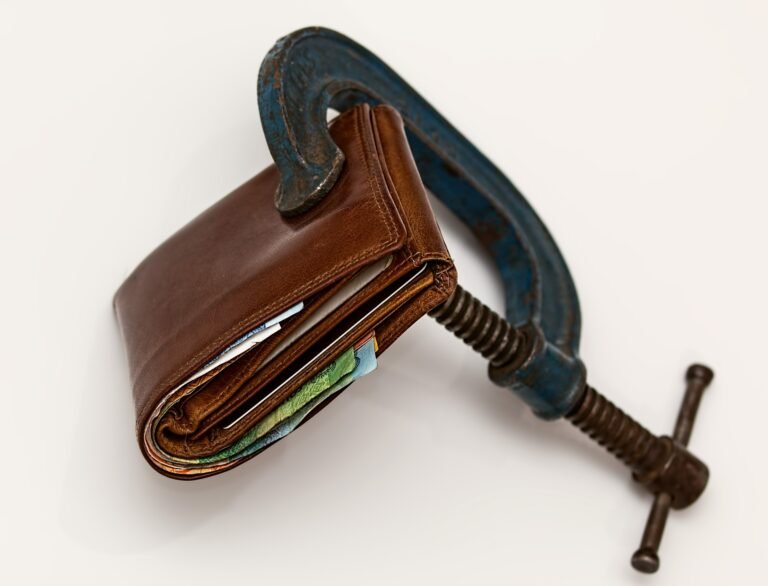CALL US TODAY FOR A FREE QUOTE:
909-457-0054
There are situations that prompt people to reconsider their estate planning processes. While having children is the finest thing that has ever happened to many of us, it is a life-changing event that should prompt an individual to alter their entire past estate management plans by upgrading their plan. The point of concern for husbands and wives is what will occur to their children if both parents are gone at the same time.

Conversely, if you are a single mother and the other parent is deceased, has neglected the kid, or is otherwise absent, your main concern is what will take place if you end up dying before the kids reach adult years.
If a disabled child has two willing and competent parents and one of them passes away, the remaining survivor’s parent has the right to the child. Children’s Estate Planning Strategies By Estate Planning Attorney Fontana Ca make clear everything to you.
This law is applicable even if the mom and dad were never expected to marry or divorce, as long as both parents are involved in the child’s growth (ren). When both parents pass away, a primary caretaker dies, or a “custodial” caregiver acknowledges the other should not have parental responsibility of the child, estate approaches for naming a caregiver become more confusing.
Estate Planning Techniques and Guidelines for Appointing a Guardian
All “teenagers” (children under the age of 18) must be brought up by an adult who is able to take responsibility for the child’s welfare. If there is no caregiver, close blood relative, former classmate, or another person capable of managing the child’s matters, then a guardian is appointed.
This is clearly not what any caring parent desires when developing solid estate management plans to support their kids in the incident of their death. Although, not all is missed.
Including a will in your whole estate planning strategy allows you to name somebody as your kid’s guardian. You must also name a replacement personal caregiver in the event that the first decision is incapable of acting. What estate methods should a “combined” family employ if the kids do not start sharing the same mom and dad? It is legal to appoint a dissimilar caretaker for each kid, and courts will usually follow these accommodations unless there is proof that it would be detrimental to the child.
It can be beneficial to provide details in your consent about why the personal custodians decided to name are best for the health and wellbeing.
What if you do not desire the “other” Father to be appointed as personal custodian?
Parents should name individual caregivers for their kids as part of intelligent estate plans. There are several factors why one caregiver may not desire the “other” caregiver to have custodial rights. The evidence – the “other” caregiver is violent, hurtful, physically and/or emotionally abusive, and so on. Divorce is another common cause. Parents frequently regard their second partners as far better guardians for their kids than their physiological ex-spouse. Furthermore, they may not like the “other” partner’s new spouse. The real quandary arises when the “custodial” period begins.
The regulations for rejecting a parent the right for becoming a personal guardian are complicated and frequently alter estate planning processes. If you’ve decided to name an individual other than the “other” parent, that individual will almost certainly get to act, unless the “other” caregiver objects. The preceding regulations apply in that scenario.

